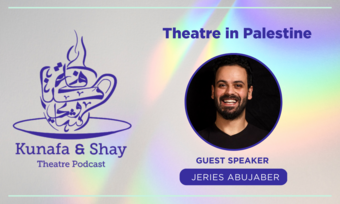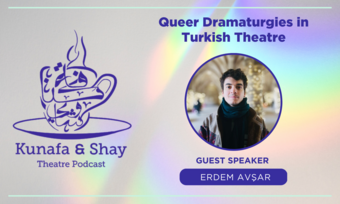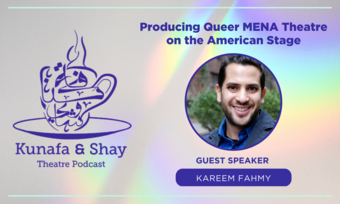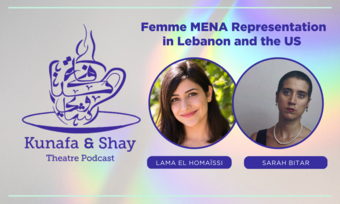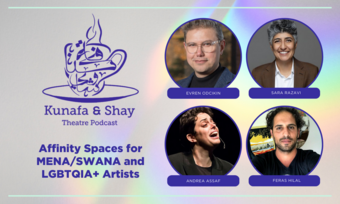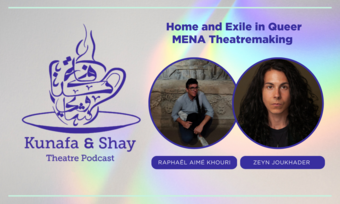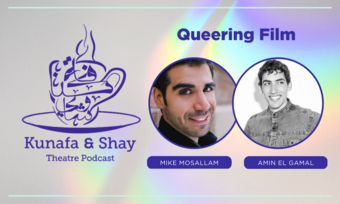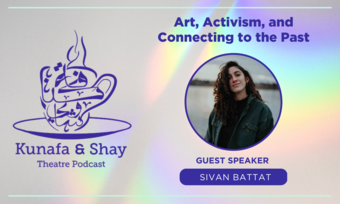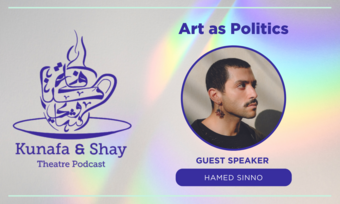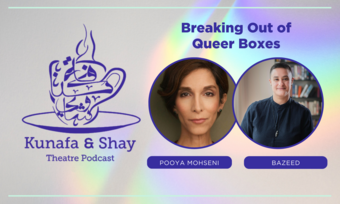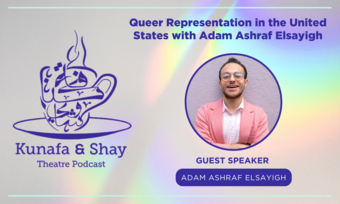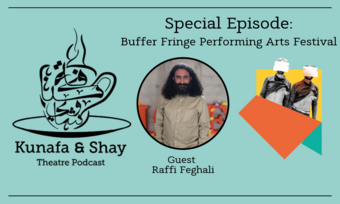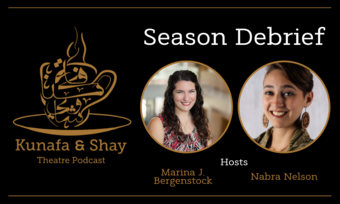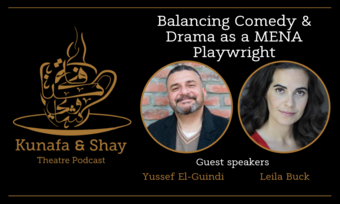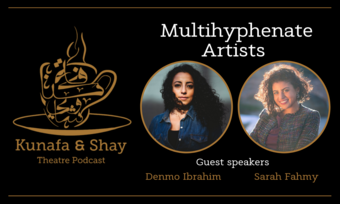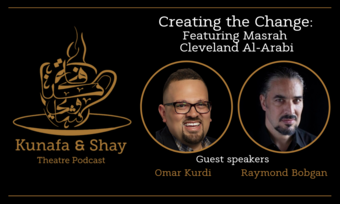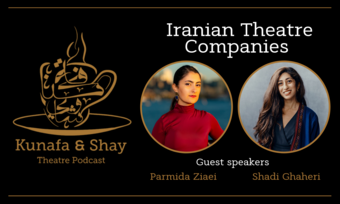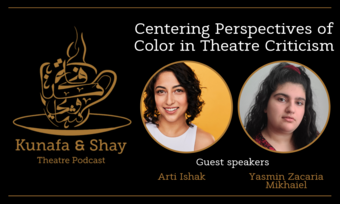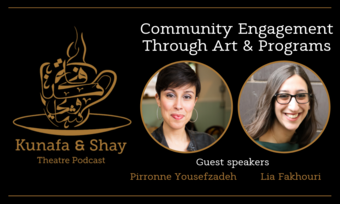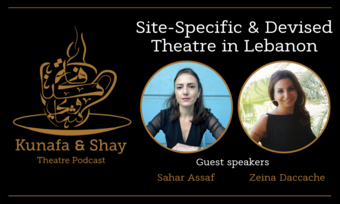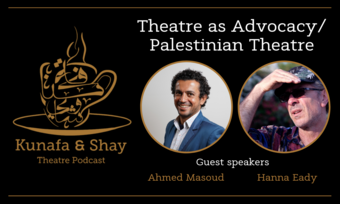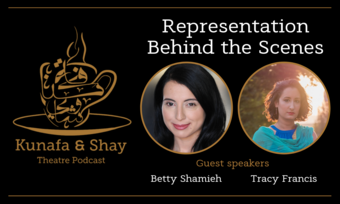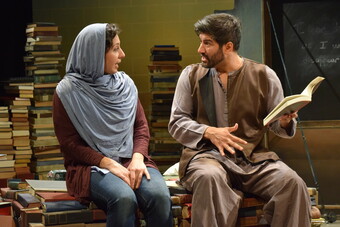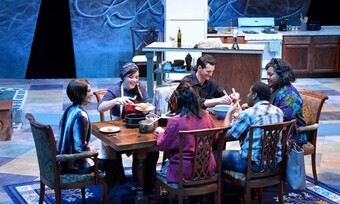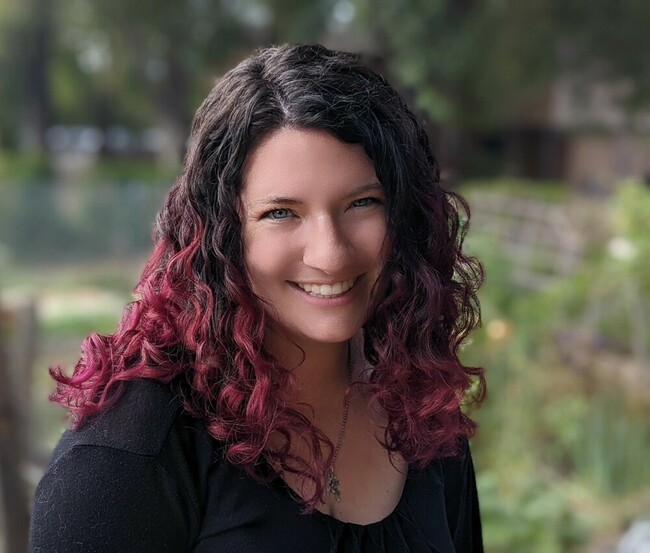
Director. Dramaturg. Scholar.
Marina Johnson (she/they) is a fourth-year Ph.D. candidate in Theatre and Performance Studies Department at Stanford University, also pursuing Ph.D. minors in Feminist, Gender, and Sexuality Studies and Comparative Studies in Race and Ethnicity. She was a 2021-2022 Graduate Public Service Fellow with the Stanford Haas Center and the 2022-2023 co-artistic director of the Nitery Experimental Theatre on Stanford’s Campus. Marina has a BA and a BS from Penn State University and received her MFA in Directing from the University of Iowa. She is the co-host of Kunafa and Shay, a podcast produced by HowlRound Theatre Commons. Johnson is a member of Silk Road Rising’s Polycultural Institute and is a dramaturg with Golden Thread Productions’ 2023 ReOrient Festival. She has trained with the SITI Company and in the Kennedy Center Directing Lab. Prior to beginning her Ph.D., she was a Visiting Assistant Professor at Beloit College for three years.
Select recent directing credits include: The Shroud Maker (International Voices Project), Shakespeare’s Sisters (Stanford), The Palestinian Youth Monologues (Stanford), Five Lesbians Eating a Quiche (Beloit College), and In the Next Room (Beloit College). Additionally, she was the dramaturg for Julius Caesar (Stanford, 2022), assistant director and dramaturg on As Soon As Impossible (Stanford, 2021), dramaturg for Two Rooms (Penn State, 2021), and dramaturg and assistant director for Twice, Thrice, Frice (Silk Road Rising, 2019). Her work has been published in MATC’s Theatre/Practice, Eumenica, and in Arab Stages. Marina-Johnson.com

